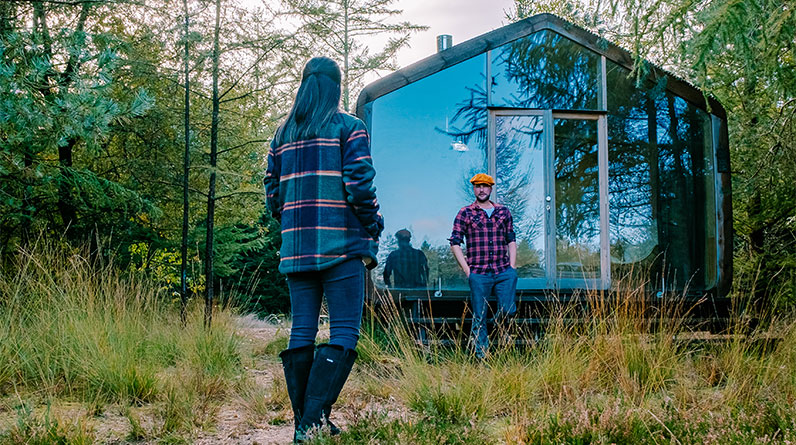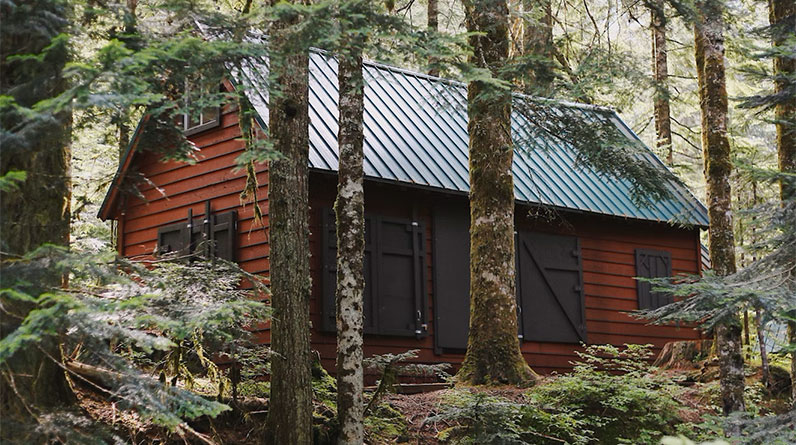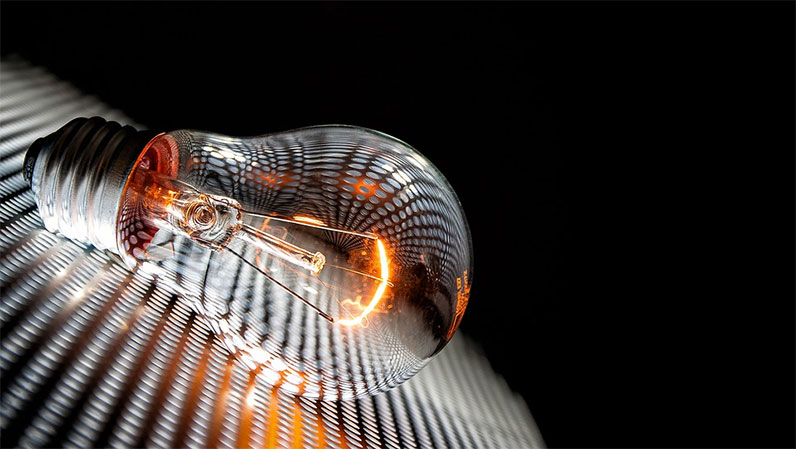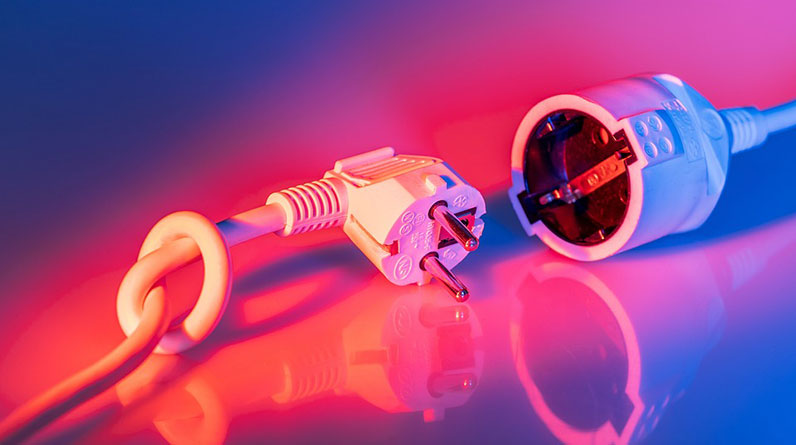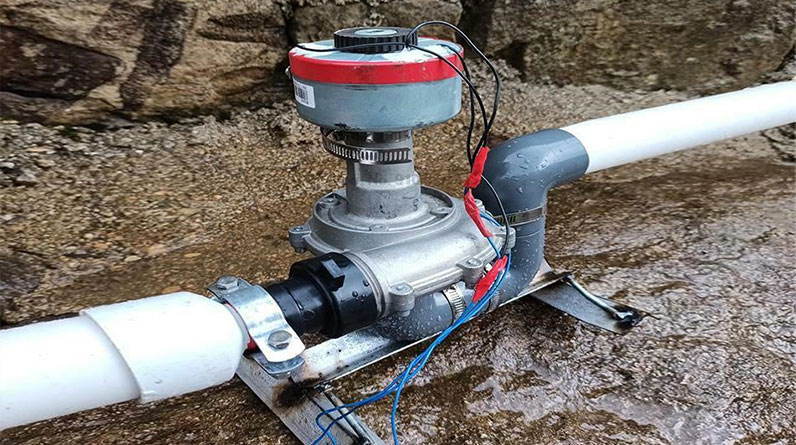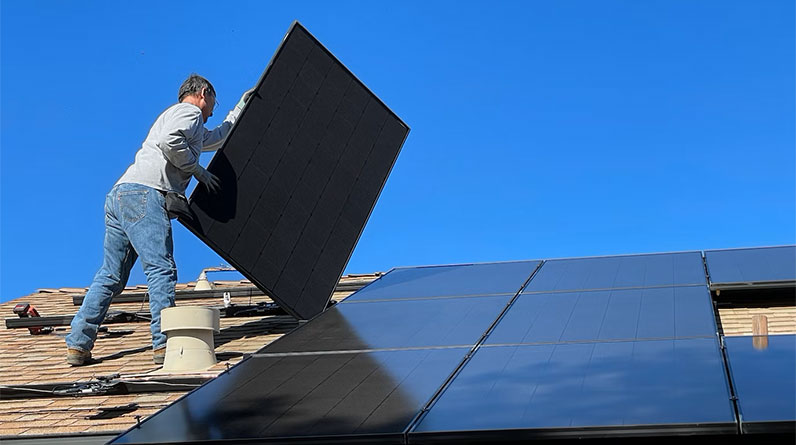
Practical Considerations for Living Off The Grid
The phrase “live off the grid” conjures up images of rugged survivalists traipsing through untamed wilderness with nothing but a knife, a hatchet, and a backpack.
But what does it really mean to “live off the grid?” Does it mean living in the woods, wearing animal skins and eating berries? Probably not. Off-grid living generally refers to individuals or groups of people who reside in places where they are independent from utility companies.
There are many reasons why someone would want to live off the grid, and while it isn’t easy, it is possible. Let’s take a look at why you might consider living off the grid and how you can do so if you so choose.
What are the Main Reasons People Have for Living Off the Grid?
Let’s take a look at some of the reasons why you might want to live off the grid.
If you live in an area with poor electrical service or have concerns about the quality of your electrical service, going off the grid would be a great solution.
If you have a large electric bill, you may want to consider going off the grid, at least partially.
If you have limited or no access to public utilities and want to provide power to your home, going off the grid is one way of doing so.
If you want to go completely off the grid, you would need to generate your own electricity, have a water source, and have a way to dispose of your waste.
Installing Solar Panels and Switching to Solar Power
Solar power is the most common way to go off the grid. You can install solar panels that can collect and store energy for later use.
You can also generate electricity for your home by using solar panels and a solar inverter. Solar power is a clean source of energy. Compared to fossil fuels, it doesn’t release any pollutants into the atmosphere.
Second, it doesn’t require much maintenance. You’ll need to clean your solar panels occasionally, and that’s about it.
It’s affordable. You can often get government subsidies for solar panels, making them a relatively affordable option.
Go Off-Grid With a Generator
If you can’t install solar panels, you can still go off the grid with a generator. Modern generators are efficient and reliable, so they’re often used in remote locations that don’t have access to public utilities.
You can also use a generator to power essential appliances when a power outage occurs. They’re not a great solution overall because they produce a lot of noise, they’re expensive to run, and they’re extremely polluting, but they are sometimes the best option.
There are different types of generators, so it’s important to know what you need before purchasing one. If you want to run a few lights and appliances, you can get a smaller generator. If you want to power your entire house, you’ll need a larger one.
It’s also important to consider how often you’ll be using the generator. If you’re using it for just a few hours a day, you can get a smaller one. But if you plan to use it for longer periods of time, you’ll probably want a more powerful one.
Going Completely Off-the-Grid With a Renewable Energy Source
If solar panels or a generator aren’t an option, you can go completely off the grid with a renewable energy source.
Keep in mind that going completely off the grid with a renewable energy source is more difficult and less common than other solutions. If you decide to go this route, you’ll need to install batteries that can store the energy you generate and make sure you have the capacity to generate enough electricity for your entire home.
There are many options for off-grid energy. You can generate electricity with wind turbines, hydro turbines, or through burning wood or gasoline.
You can also use a combination of these sources. Depending on the type of system you get, you may have to make upgrades to your home. You may have to add a roof to collect solar energy or build a dam to generate hydroelectricity.
Consider Living in an Eco-Home Instead of Living Off the Grid
If you don’t have an alternative energy source and you’re worried about going off the grid completely, you can invest in an eco-home instead.
An eco-home uses a combination of solar energy and an electrical grid. You can store the solar energy you generate during the day in batteries so it can be used at night.
This solution is easier and less expensive than going off the grid completely, but it is also less reliable. When planning your eco-home, you should consider how much energy you use. If you don’t know, ask your utility company for a copy of your energy bill to get an estimate. Once you know how much energy you use, you can plan how many solar panels you need.
Final Words
Going off the grid is a big undertaking, and it isn’t for everyone. Before you make any big changes to your lifestyle, make sure you do your research. If you decide to go off the grid, make sure you have a plan.
When it comes to being self-sufficient and living off the grid, it isn’t just about having the right technology. It’s also about having the right mindset. It’s about having the patience and determination to make things happen and having the foresight to know what you need and how to get it.

